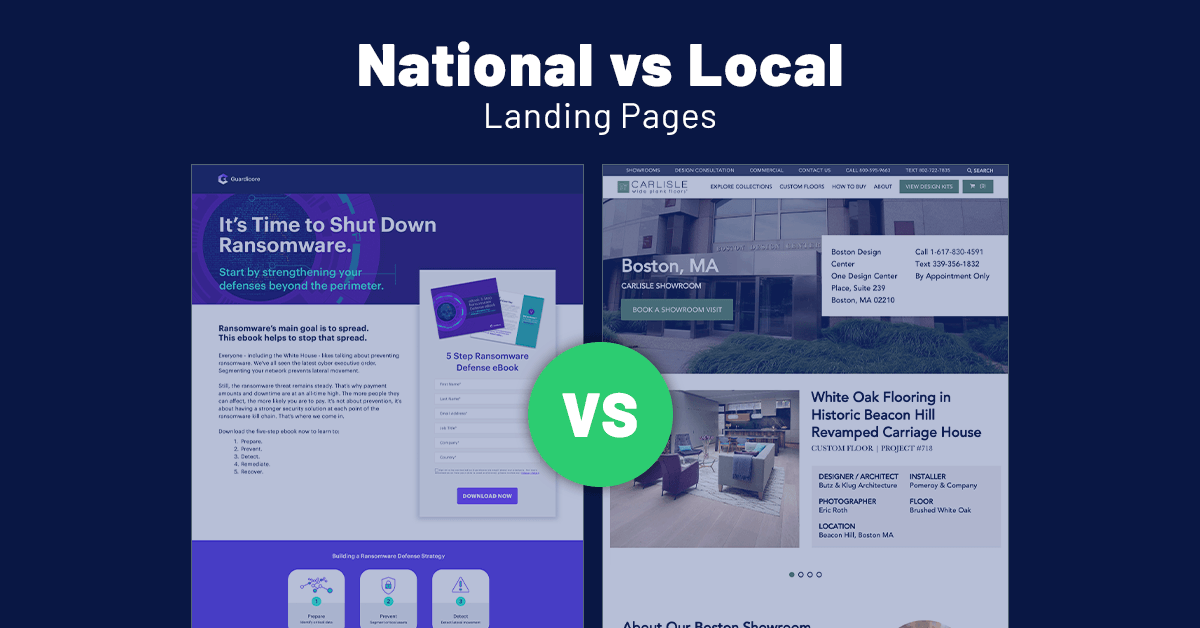Several years ago while in the final phase of a very long and multi-part new business pitch, the CEO of the company we were pitching asked us one final question:
“How do you define success?”
I must admit that I was little taken back by the question. It seemed so simple, yet I knew an insightful answer would be paramount to winning the business.
However, before I could answer, my colleague who I was co-pitching the business with, in a very cool, calm and collected manner gave the following answer:
“When you give us more business.”
Needless to say, the prospective client was a bit taken back, but when our position was explained he understood and I believe it was a key reason for us winning the business. It also brought forth to me a lesson that has stuck with me throughout my career from that day forward.
Specifically, we stated that they should “expect” that we would be successful for what they were looking to hire us to do. Otherwise, why should they bother hiring us?
However, we then went on to explain that once they willing to give us more business, it was at this point that we’d know that we had been truly successful. The reason being is that this meant that the client was willing to invest in and evolve the relationship beyond just the initial assignment. The key here was that we did not view success being defined within the context of the assignment or the pitch, but rather within the context of the relationship that the assignment would enable us to form and then build upon.
Defining Success
In the world of advertising, and dare I say business as a whole, success and failure is often defined by client “wins” and client “losses”. In short, when the press writes about who appear to be the most successful agencies it’s often within the context of how much new business they have acquired. Conversely, within the confines of the agency, internal success is often defined the campaign and the associated results.
In my opinion, while both of these are clear ways to judge success, to make them the leading indicator of it, is shortsighted. Success needs to be viewed within the context of how the account and agency client/relationship is evolving.
Evolutionary Success
In the agency world, success can come quickly and/or it can take a while. But it’s how you choose to nurture the partnership that surrounds it, that is the key to winning in the long-run. I like to call this kind of success “Evolutionary Success” as it’s based not necessarily on the “here and now”, but rather on the ability to grow and nurture what you have today to create something bigger for tomorrow.
So how do you achieve it? Well, the following are a few ways in which I believe it can be effectively measured.
Revenue Growth
Simply stated, if the client is willing to give you more money, clearly you’re doing something right. You’ve delivered on the promise of the pitch. However, this situation is really more about more than just money. It’s about the willingness of the client to invest in their relationship with you.
What I mean here is that when a client is being pitched, it’s often done within the context of getting them to “buy” your services. At this point there is no true relationship, but rather a “promise of performance”, which is the basis for almost all purchase activity. However, it’s not until they’ve seen how what they have purchased performs, that they will decide to invest. If performance is good they will invest further in the purchase. If performance is bad, they will likely go out and look to buy again.
Therefore, if you’re increasing your existing client revenue, it means that client is happy with their “purchase” and they are now actively investing in your relationship. Simply stated, you’re being successful.
Trusted Advisor Status
Success can also be defined by whether or the client is actively seeking your counsel. Specifically, are they coming to you and asking for help to solve particular business initiatives (strategic and tactical)?
While you can’t necessarily write an estimate for these kinds of requests, in my mind they are priceless. They demonstrate a level of trust that the client now has in you and how they are looking at you as a strategic and trusted advisor. Ideally this may translate into revenue down the line, but it’s also a sure sign that you are also likely not going to lose what currently do have at moment.
Engagement Expansion
This is similar to Revenue Growth, but I differentiate it in that I define it as the client looking to engage with the expanded service offerings of your agency. Specifically, in many cases clients will hire an agency to perform a particular service or function, but in reality this function is just one of many things that the agency does. Therefore, while you’d love to get everything at once, that is not always the case.
However, it’s not uncommon that if you perform well in one area, that the client will start to ask and wonder “what else can they do for me?” While the request may tap into a complete different group of skill sets and/or teams, the key here is that the client is not looking elsewhere, but rather looking to you and your agency to expand the relationship beyond the context of the immediate services being offered.
Are You Achieving Evolutionary Success?
As noted earlier, all too often we look at success as being defined by winning the pitch or within the context of the associated immediate campaign results. However, agencies and clients need to look beyond this and realize that true success is defined by partnership, and how this partnership is evolving.
Therefore agencies need ask themselves “is the relationship evolving”? “Is the client actively seeking our counsel and asking us to do more?”
Likewise clients need to look at their agencies ask themselves “have I asked for more work beyond what we initially hired them for?” “Would I seek their counsel in solving a problem that that they have not been immediately hired to address?”
In the end, while client/agency success can be defined in many forms, I feel when it comes to embarking on relationship it’s key that it be defined beyond what you are pitching at the moment. To think otherwise is to lose sight of something very, very important. The fact of the matter is that the first campaign (or assignment) needs to be viewed (and positioned) as the foundation, not the end game, upon which a long-term agency/client relationship will be built.






